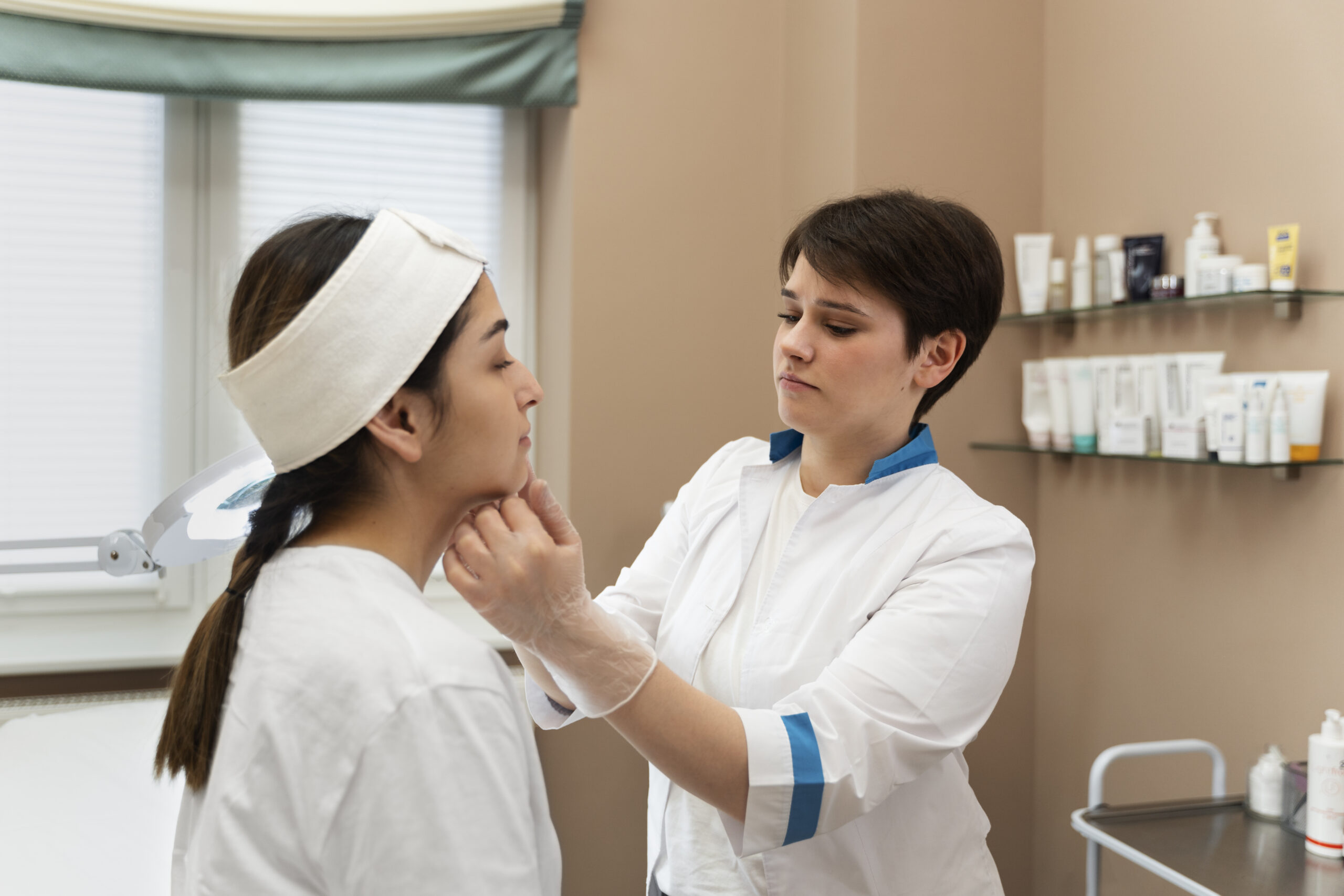Explore the Role of Nurses and their Impact in Cosmetic Medicine
Article at a glance
- Contribute to patient care, safety, and procedural efficacy.
- Conduct thorough patient assessments and consultations.
- Educate patients about procedures and potential risks.
In recent years, cosmetic medicine has witnessed a significant shift in the scope of treatments that medical and nursing professionals are qualified to deliver. With more nurses taking on specialised roles in cosmetic medicine, nurses have become integral players in improving outcomes for patients undergoing various procedures. From preoperative assessment through post-procedure care, the skill set possessed by registered nurses adds an invaluable dimension to any clinic offering a range of aesthetic services.
Why Nurses Play an Important Role in Cosmetic Medicine
Nurses play a crucial and multifaceted role in cosmetic medicine, contributing significantly to the overall success and safety of aesthetic procedures. Their involvement extends beyond mere assistance, encompassing essential aspects of patient care, safety, and procedural efficacy.
Patient Assessment and Consultation
Nurses possess a comprehensive understanding of patient assessment, allowing them to conduct thorough consultations. Their ability to gather medical history, assess contraindications, and understand patient expectations, is fundamental in formulating personalised treatment plans.
Patient Education and Counseling
Nurses excel in educating patients about cosmetic procedures, potential risks, and post-treatment care. Their communication skills foster informed decision-making, realistic expectations, and a supportive patient experience.
Are There Side Effects To Using Hyaluronic Acid?
While this compound has numerous benefits, it is essential to remember that side effects can be associated with its use. For example, those sensitivities to medications or compounds found in foods may experience adverse reactions when using hyaluronic acid, including rashes, hives, and itching. Additionally, some people experience changes in their bowel movements or stomach discomfort after using products containing HA. Though these effects may be rare, it is essential to be aware of potential side effects to decide whether or not to use products containing HA. Ultimately, only you can decide if the benefits outweigh your situation’s risks.
Emergency Response and Crisis Management
In the event of unforeseen complications or emergencies during cosmetic procedures, nurses are trained to respond swiftly and effectively. Their ability to manage crises contributes to patient safety and well-being.
Post-Procedure Monitoring and Follow-Up
Nurses play a vital role in post-procedure care by monitoring patients for signs of adverse reactions or complications. Their vigilant oversight contributes to early detection and intervention, promoting optimal recovery.
Infection Control and Safety Measures
Ensuring a safe and sterile environment is paramount in cosmetic procedures. Nurses adhere to strict infection control protocols, minimising the risk of complications and promoting the safety of patients undergoing aesthetic treatments.
Patient Advocacy
Nurses advocate for patients, ensuring their voices are heard, and their concerns are addressed throughout the cosmetic treatment. This advocacy fosters a patient-centric approach to the delivery of aesthetic care.
Benefits of Involving Nurses in Cosmetic Medicine
One of the most significant benefits of involving nurses in cosmetic medicine is their unique role and impact. Nurses highly trained in patient care and treatment often have a closer rapport with patients than physicians. By working alongside physicians in cosmetic medicine, nurses play an important role in ensuring that patients receive proper care and advice, from consultations and assessments to procedures and follow-ups.
The nurse’s involvement can also help reduce the risk of complications and improve the overall outcome of the procedure. Moreover, nurses keenly understand the psychological and emotional factors that often accompany cosmetic procedures and can provide support and guidance to patients. Thus, their participation in cosmetic medicine can be of immense value to patients and clinicians alike.
In summary, the expanding role of nurses in cosmetic medicine is pivotal for enhancing patient outcomes and safety. From meticulous patient assessment and education to expertly managing emergencies and advocating for patients, nurses bring a holistic approach to aesthetic care. Their unique impact lies in fostering a closer patient rapport, reducing procedural risks, and providing crucial emotional support.
At Clinical Aesthetics Network of New Zealand, nurses are pivotal in elevating cosmetic medicine, delivering comprehensive care beyond treatments to ensure a patient-focused aesthetic journey.

